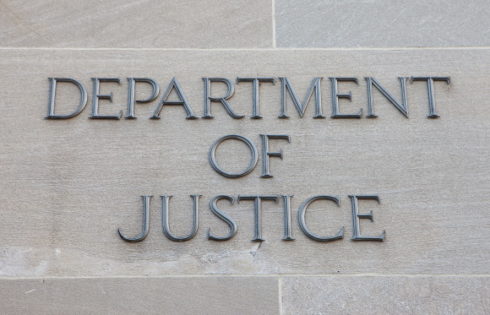
When college admins cave to student demands, students will make more demands.
Victim culture is perhaps the worst feature of modern college politics, and a logical outgrowth of that lifestyle is what we could convincingly call “protest culture:” the tendency for college students to protest about…well, just about everything. Built into the academic cycle nowadays is a regular train of protests, sit-ins, call-outs, rallies, occupations, boycotts, walkouts, and other euphemisms for disruptive behavior. Usually the reasons for these demonstrations are inconsequential; oftentimes they are spurred by a hoax, as recently happened at St. Olaf College; in some cases they turn violent, as occurred at Middlebury College earlier this year.
It would be tempting to dismiss these behaviors as the silly rantings of an overprivileged and underworked demographic. But that misses a critical aspect of the protests: often, they work. At UC Santa Cruz this month, a group of students occupied a building on campus for three days, with the delightful result that, in the end, the university caved to every one of their demands. At St Olaf College, administrators agreed to the creation of an ‘autonomous task force’ to respond to the students—this, mind you, for an incident that turned out to be a hoax. Last fall, after an awkwardly-worded e-mail drove students to protest on campus, the dean of Claremont McKenna College resigned. At the University of Missouri around the same time, student activists managed to force both the president and the chancellor to resign. At Ithaca College a few years ago, the administration rolled out a “sweeping diversity plan” in response to student protests. The list can go on.
In such an environment, you can hardly blame student activists for behaving the way they do: it gets results! At a certain point, a fair number of college administrators apparently decided that it was easier to simply roll over, either giving the students whatever they ask for or else resigning in shame and fear. Any self-respecting activist bloc, when met with such little resistance, would quite properly respond by persisting. When students see college officials either caving or else just fleeing in the face of mobs, they are naturally going to be emboldened.
All of which is to say that, while angry student mobs are a profoundly serious issue on our college campuses, they are, in a very real way, enabled and encouraged by the college administrations that often cater to them. Students have reasonably come to believe that they stand a good chance of forcing the hands of presidents, chancellors, budget offices and administration wings generally. This belief did not materialize out of thin air; it came about because authorities allowed it to.
Reversing this trend will require a lot of work. Students will not take kindly to being told “no” when it comes to their ever-growing and ever-more-outrageous demands. Things could get unpleasant on college campuses for a while if and when the colleges themselves step up to put a stop to this. Of course, the alternative is to continue allowing these mobs to call the shots on American campuses. But the consequences of the latter are, ultimately, sure to be far more unpleasant than the former.
Like The College Fix on Facebook / Follow us on Twitter
IMAGE:






Please join the conversation about our stories on Facebook, Twitter, Instagram, Reddit, MeWe, Rumble, Gab, Minds and Gettr.